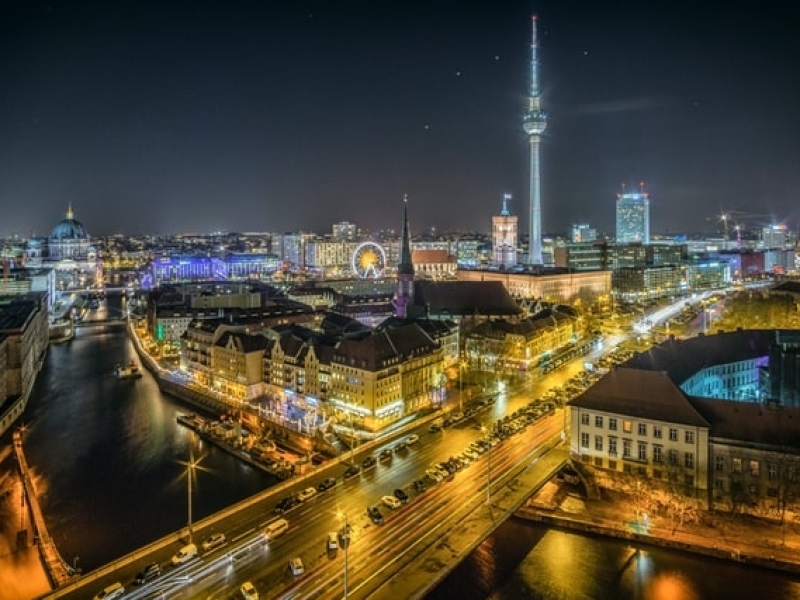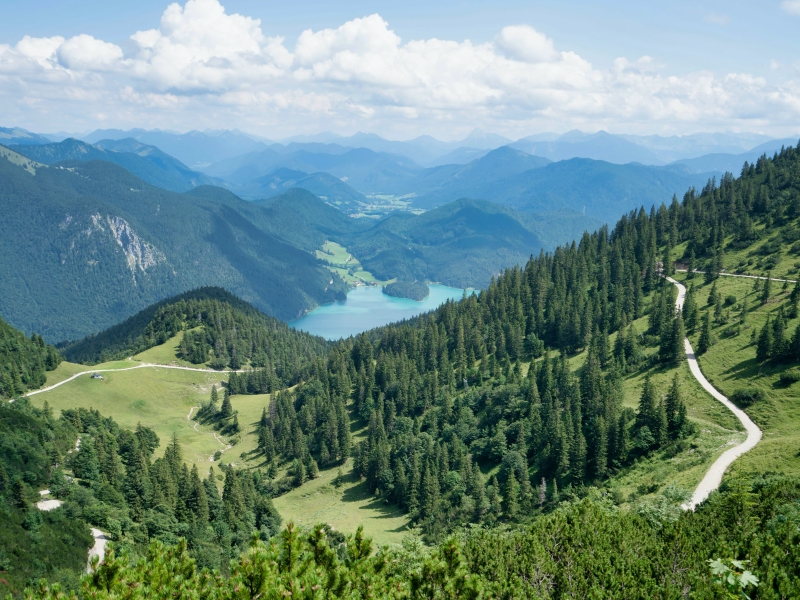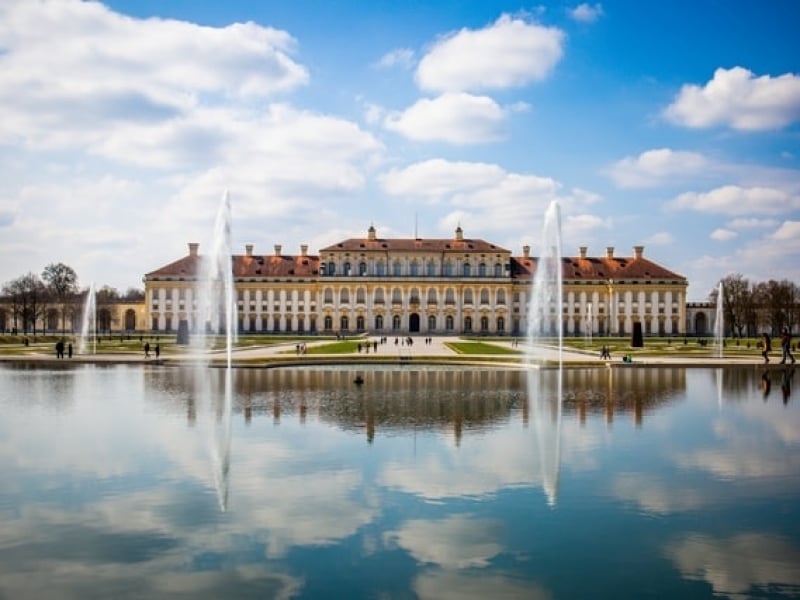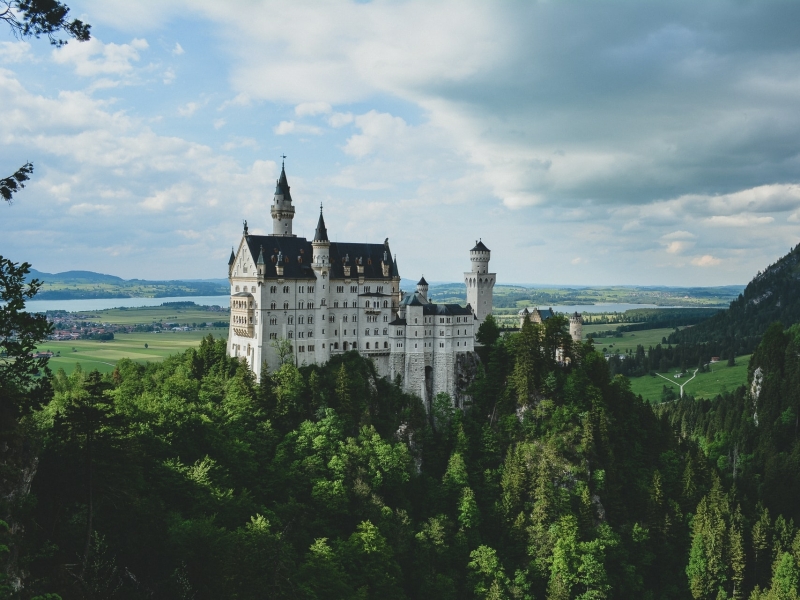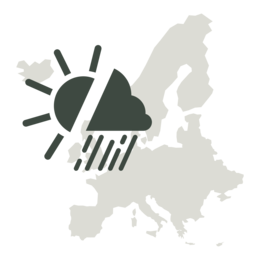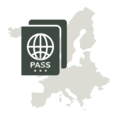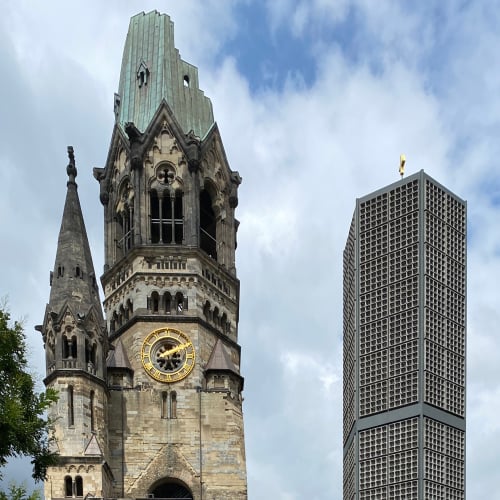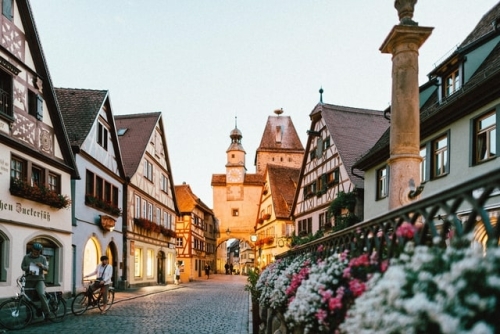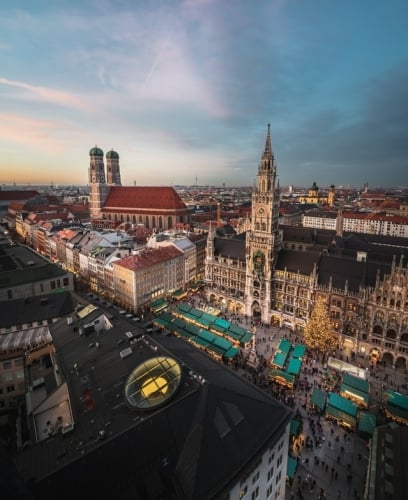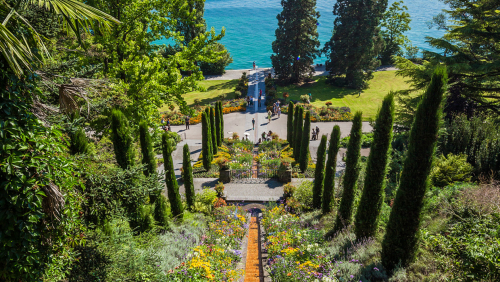Why should you travel to Germany?
If you want to bathe in history, visit numerous fairytale castles, royal palaces, and strongholds, like strolls through romantic little villages and sustainable cities, Germany is the country you’re looking for.
The Federal Republic of Germany, located in Central Europe (West Europe according to the UN) is home to amazing natural and cultural heritage. Eight routes allow you to explore all 46 UNESCO World Heritage Sites. Alongside these world heritage treasures, Germany also has breath-taking natural landscapes to explore across 16 National Parks, 16 UNESCO-Biosphere Reserves, and 104 Nature Parks. Expect spectacular views, amazing cycling routes, and hiking trails.
Germany has it all, whether it be medieval castles like Eltz Castle and Neuschwanstein, cool industrial buildings, big cities like Berlin and Munich, historic old towns like Rothenburg ob der Tauber, wine fields in the Mosel region, and the Wadden Sea on Germany's North Sea coast.
Don't forget to attend the famous 'Oktoberfest' or visit one of the many Christmas markets in various cities of Germany, like the huge Christmas market around the UNESCO 'Kölner Dom' in Cologne.
From Germany, you can easily travel to 9 border countries: The Netherlands, Denmark, France, Belgium, Switzerland, Austria, Luxembourg, Czech Republic, and Poland.
With this handy German travel guide, you can find more information about things to do in Germany, the best time to visit Germany, the most stunning places, and many more!
Interesting Facts Germany
Flag of Germany
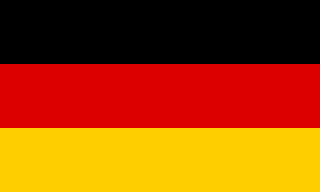
National Animal Germany
Federal Eagle (national coat of arms)
German National Dish
Sauerbraten served with Kartoffelklöße
Currency in Germany
Euro (€)
Germany Time Zone
Central European (Summer) Time or CET (GMT+1) and CEST (GMT+2)

